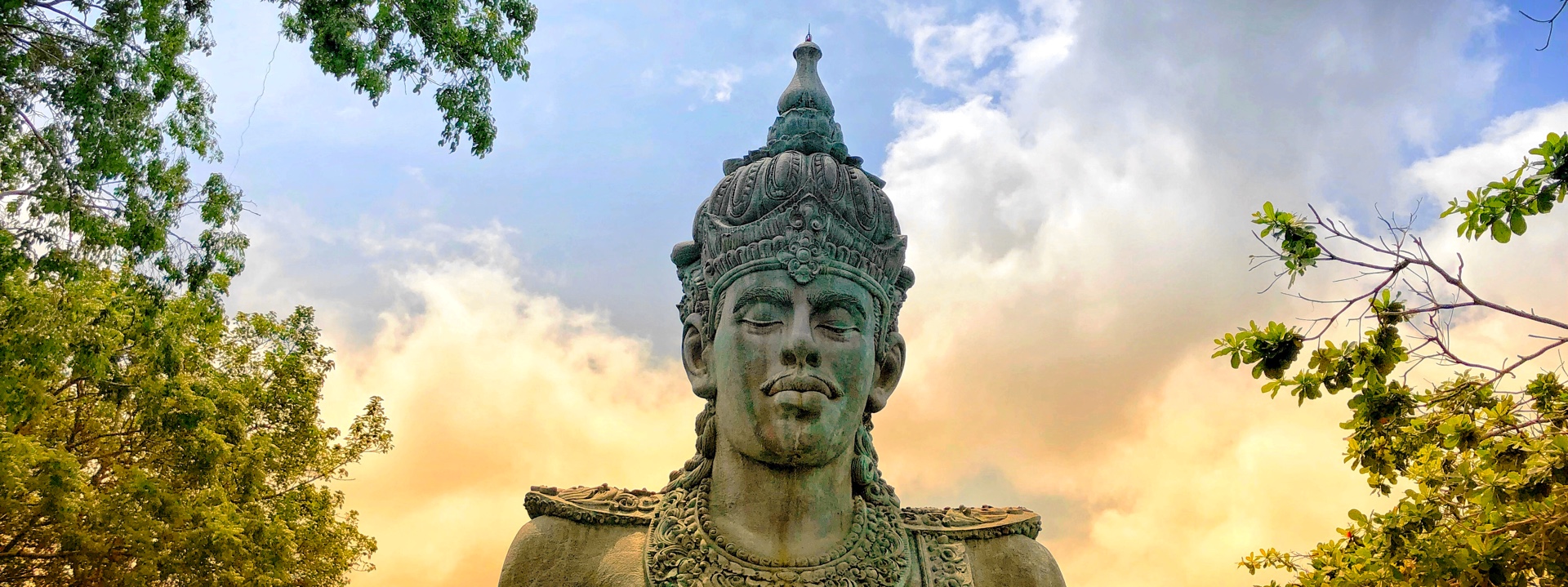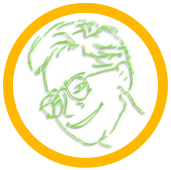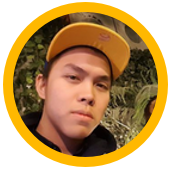
Religion & Identity
Religion & Identity
QR Link
Preparation
Transcript
José Cruz: Are you yourself Muslim?
Yohanes Handojo: No. I’m actually not Muslim, um interestingly. Um, I- my name is Dutch, Yohanes. Uh I was uh brought up as a Christian, um but I did live in the Muslim community and also uh, when I was around 13 years old I moved to Thailand um because my parents work um with the government, um yeah with the (Oh) Thai government.
José: That’s why you move around so much?
Yohanes: I do. I- that’s that’s why I move around much. Um and over there…
José: What the fore- foreign service, the the emba- the um, the uh…
Yohanes: No no no. Um they work with the local government um from the- I don’t know if you’ve heard of the ASEAN.
José: Oh sure. ASEAN sure.
Yohanes: Yeah the ASEAN uh, what do you call ita phrase English speakers say when trying to find the right word say (0:43)– community (OK) or community of economics or something.
José: So the diplomatic community (Yeah yeah) within ASEAN (Uh huh) sure.
Yohanes: And um, Thailand for example has had uh many programs uh for English training. (Huh) Um and um, you know, my mom is an English teacher. (Your father?) My dad is a psych- Um a cons- “behaviour consultant” that’s what we call him. Um yeah and uh and so we get to uh, travel to Thailand um when I was very young uh to live there, uh because they work there um and be surrounded by Buddhists. (He he) Um and so I have a very very uh interesting religious upbringing, uh I would I would say.
José: And did you take advantage of it? Or is it just sort of there and you never paid much attention to it, or only now are you starting realize that, “Oh wow Buddhism is is this, and then and then Islam is this, and Christianity is this”. (Uh) Or you always sort of knew about it?
Yohanes: I kind of knew because um- Here’s the thing with religion for some reason, especially these countries, the religion kind of seeps into the culture. Uh a lot of the stuff that they do in Indonesia for example, uh has religious meaning to it. (Yeah) Um as well as in Thailand for example, a lot of the holidays, a lot of the stuff that they do, it has religious significance. (Mm hmm) And so you can’t really grow up without encountering these you know religious things um in in the culture.
José: And then you came from that background, and now, pri- What would you call yourself first? Are you Indonesian first? Are you American first? What’s what- When people tell you- people ask you, “Where are you from?” How do you answer that?
Yohanes: I say it’s complicated.
José: Ha! It’s like a relationship. But if you had to pin it down. For example, what’s your passport right now?
Yohanes: Indonesian (OK) I’m definitely an Indonesian citizen. Um I don’t really have a home there uh though. If I go back there I don’t really- aside from like my extended family, um I don’t really “go home” to Indonesia any more.
José: You don’t feel it (No, I don’t) You don’t (No) go, “Oh yeah, Indonesia is where I really root myself”.
Yohanes: Yeah yeah no no no. Definitely not. Um I would- I would also say that Thailand is like that because um you know uh my parents live there now because they still work there (Mm hmm) um but I would also wouldn’t say that that’s my home either.
José: I can I can relate to that because like even tho’ by my looks and by my genetics and by my history, I’m Pilipino. (Mm hmm) I have almost no, like psychological connection (Right) to the country. I have an academic interest, (Right right right) but that’s about it (Yeah) and- Which is strange because that’s where I grew up for nine years.
Yohanes: Yeah yeah right. Yeah, I definitely I definitely understand that feeling. (He he) It’s it’s- it’s kind of odd you know having that- thinking that you know when come to a place, you’re like, “No like, that’s not that’s not my country”.
José: Uh it’s- Maybe it’s not odd for you and me but um I think for a lot of people they don’t understand when I expl- when I tell them that well I was born in the Philippines but I’m Canadian. (Right) And some Canadians will react and they’ll say, “Oh so you’re Pilipino-Canadian”. (Uh huh) And I saidJosé says this so quickly it’s hard to hear (3:58), “No, I’m Canadian”. I don’t want any of this hyphenation stuff. (Yeah yeah) And and I can’t relate uh to uh to the Philippines to any degree so I don’t even want it- to um, people to think that I’m I’m hyphenating myself that way. (Right) Um do you hyphenate yourself, “I’m Indonesian-American”.
Yohanes: No. No no no no. Definitely not um…
José: So if you had to- your your your um citizenship is Indonesian but what are you do you think? I know you can say, “It’s complicated” but are you more American, are you more indonesian?
Yohanes: I think I’m more Indonesian.
Consolidation
QR Link
Access this article on your mobile device

Religion & Identity
Speakers

José Domingo Cruz
Canadian
Vancouver, British Columbia

Yohanes Handojo
American
Jakarta, Indonesia
Statistics
- words (including pause words)
- minutes in the mp3 audio
- words per minute for this article
Continue practicing your English fluency with the related posts above, or navigate to other authentic conversations using the Previous and Next buttons below.
Spritz
To spritz only part of this conversation, highlight the text you want and click the “SPRITZ NOW!” button. Clicking the button without any text highlighted will spritz the entire page.
To quickly adjust the words per minute (wpm), you can use the left and right arrow keys.
Writing comments will help your English writing skills. Feel free to ask questions and share opinions. We try to respond to all comments we get on the site. test




0 Comments